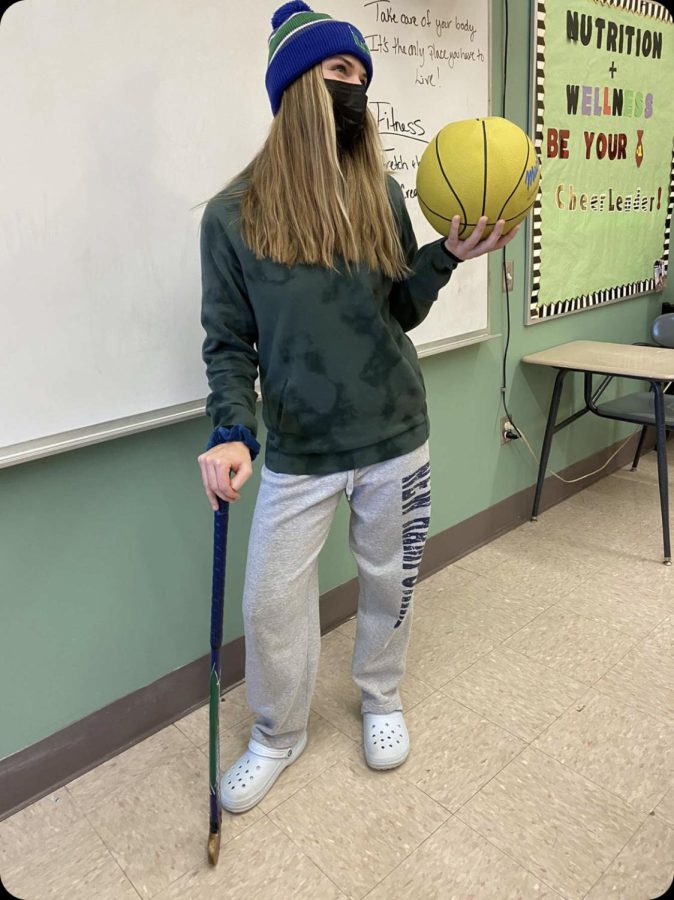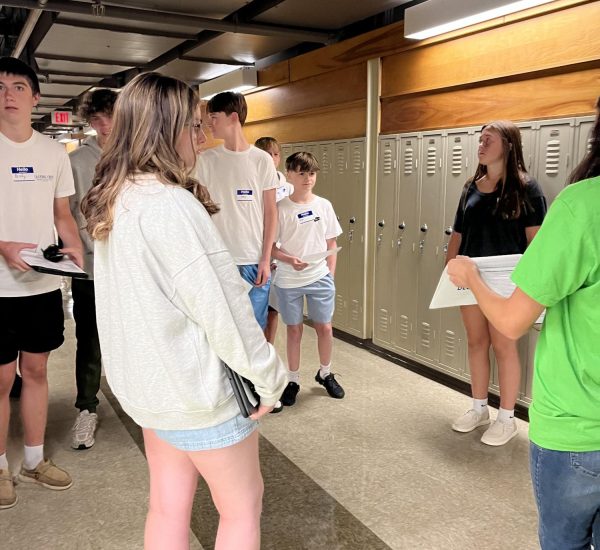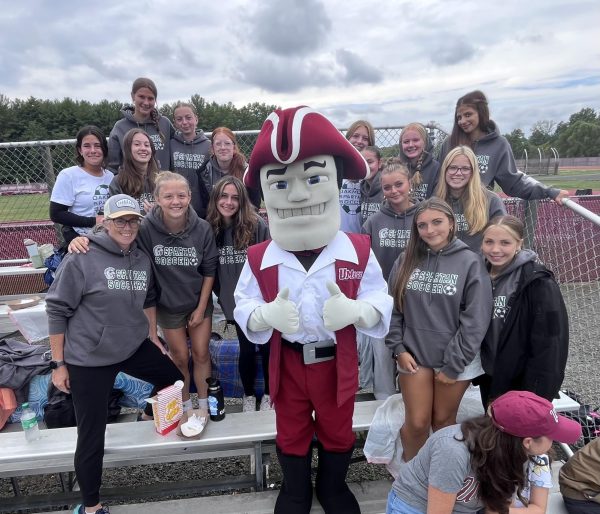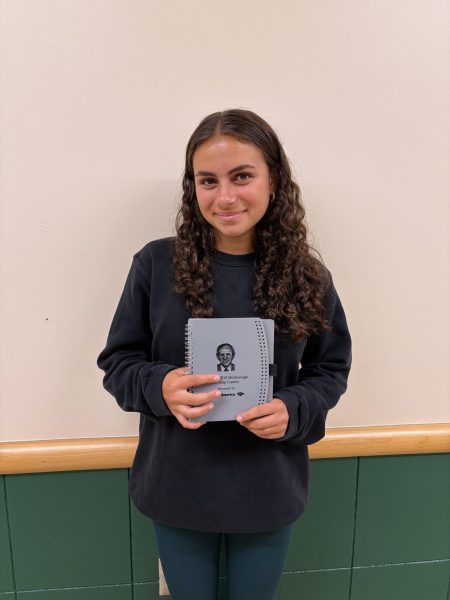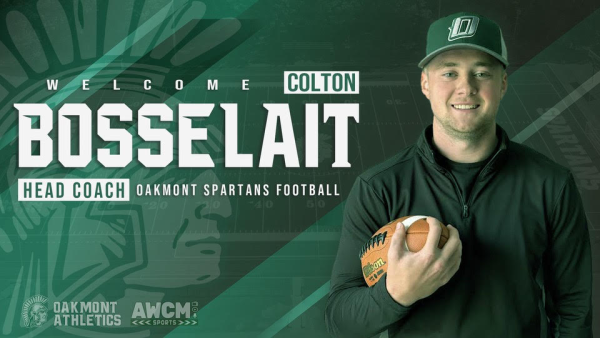One sport athletes vs multi-sport athletes
Nowadays many student athletes are opting to play one sport all year round. This trend seems to be much more common amongst high school athletes. Many coaches and experts are beginning to question how effective this uptick in one sport athletes really is.
As an athlete, being involved in more than one sport is something that my parents always made mandatory. When I was younger I was constantly switching between gymnastics to softball to anything that looked slightly interesting. I could never just pick one and stick with it. I was always left wanting more from my sports. So, once I found sports that I actually enjoyed, I quit all of the other sports and just stuck to two sports. While I honed down to only two sports, my parents encouraged me to be anything but a single sport athlete. However many my age do opt for one sport.
Of course, there are pros to only playing one sport. Athletes are able to perfect their game play and practice their skills in order to live up to their fullest potential as an athlete. In recent years, it seems many one sport athletes are taking advantage of specialized off-season training and club and/or tournament teams or leagues.
On the other hand, there are one sport athletes here who are just as passionate about their one sport as Foley is about playing multiple. A freshman Gianna Caforio who has been doing competitive dance year round since she was 8 years old said, ¨I think that since I do dance all year round I can definitely get burnt out and tired of it sometimes. I go through phases where sometimes I am really passionate about it and work hard every time I get home and others where I only work hard when I am at the studio. Once I get passed the burnout I work really hard and I believe it’s beneficial to do one sport all year round because it gives you something to work on and you´re not focusing at multiple things at once.¨
Although one sport athletes are known to experience more frequent burnout and overuse injuries. Collegiate athletes are almost exclusively one sport athletes. Once you get to college many multi-sport athletes have trouble choosing just one sport to continue on with.
Many athletes think that they must only play one sport to make it to ‘Div I’ colleges or professional leagues; most college coaches prefer to recruit the players who play multiple sports. According to Stack Sports, Clemson football head coach Dabo Swinney said,“The different types of coaching, the different types of locker rooms, the different environments that you practice in, the different challenges—I think it develops a much more competitive, well-rounded type of person.”
Many coaches here at Oakmont are multisport coaches or have been in the past, Tim Cauoette, Oakmont alumnus, provided a look into the coaches outlook on athletes who partake in multiple sports versus one sport, ¨I think it depends on the athlete. If I’m being honest, I like them to get a break from the primary sport that I coach and I think that it can really benefit physiologically. You can strengthen other parts of your body that you might not use regularly.¨
After talking with Caouette, the next best thing to a coach here at Oakmont is our assistant athletic director Ed Fitzgerald. Fitzgerald gave insight from his point of view as an AAD. He said, ¨ I believe that the possibility of overworked athletes comes into play when they may be participating in their specific interscholastic season sport (let’s say Fall soccer), but after those practices and/or games may be going to do something athletically outside of there middle school/high school sport (let’s say travel soccer, basketball, or softball). In those cases, I believe that a very strong argument can be made that that athlete is likely overworked. I believe that every athlete needs recovery time after a practice or a game.”
Some research shows that multi-sport athletes are in danger of creating new injuries while switching to new sports during new seasons. When your muscles are not ready for you to transition into a new season with new running patterns, plays, etc it can be difficult to prevent injuries.
But, another study from Loyola University in Chicago says that out of 1,200 young athletes, 70 to 93% of them are more likely to become injured playing one sport rather than multiple.
Here at Oakmont, our athletes are assisted by Gianna Allen, our athletic trainer. Allen shared her medical perspective on how overuse injuries are caused and prevented. Allen said, ¨It’s more common to see overuse injuries in single sport athletes when compared to multi sport athletes. Specialization (single sport) can lead to muscle and coordination imbalance, while the multi sport athlete can be more athletically well rounded.¨
There are many athletes here at Oakmont who agree that playing another sport greatly benefits their gameplay and skill. Senior and two sport athlete Allyson Foley said, ¨Playing different sports allows you to focus on different skills and strengths that you have. When you play more than just the one sport that you are good at or use in that sport can translate into another.¨
After talking to all these important people here at Oakmont the one person left that would have the most knowledge about the mental health ware that sports have on students. School counselor Amy Dubovick said, ¨I don’t see a lot with the sports alone, but what I tend to see is students that are doing sports and a bunch of clubs along with it. So they are sort of burning the candle at both ends that way. I find that the students that have either one sport or multiple sports and maybe they work, they know how to manage their time.¨
So whether you are playing one sport or a completely different one for every changing season, remember to prioritize your needs in order to be the best, most successful athlete that you can be.

Addi Roy is a member of the class of 2025 at Oakmont. She is a 4 year member of the Oakmonitor, however this year she will be editing! She is a member...



